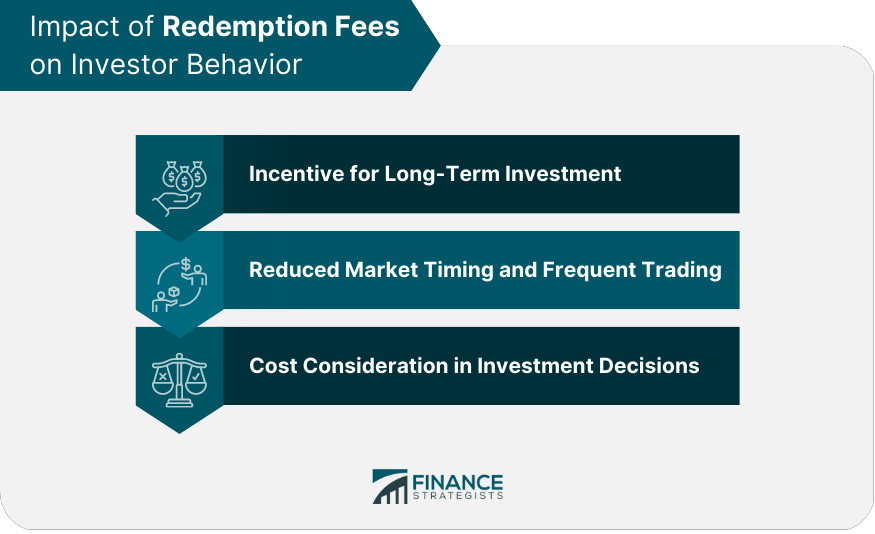Step-by-Step Guide: Launching a Profitable HVAC Business in Today’s Market
Introduction: The Opportunity in HVAC
Starting an HVAC business can be a rewarding path for certified technicians looking to become entrepreneurs. Demand for heating, ventilation, and air conditioning services remains strong across residential and commercial sectors, fueled by aging infrastructure, new construction, and ongoing maintenance needs. Succeeding in this industry requires more than technical skill-it demands business acumen, strategic planning, and a commitment to customer service. This guide offers a comprehensive, actionable roadmap to help you launch, grow, and sustain a successful HVAC enterprise.
1. Obtain Proper Certification and Licensing
Before opening your doors, you must ensure all required certifications and licenses are in place. Every state has its own regulations for HVAC contractors, including requirements for technical certification, business registration, and sometimes city or county permits. Begin by researching regulations through your state’s contractor licensing board or business agency. Most states demand proof of training, apprenticeship completion, and passage of licensing exams. Having the correct credentials not only keeps you compliant but also builds trust with customers and partners. [1] [4]
If you’re unsure which certifications or permits you need, contact your state’s licensing authority or search for “HVAC contractor license” plus your state name. You may also consult with local trade associations for updated guidance. Some municipalities may require additional permits for specific services (like refrigeration or gas piping), so always verify at both state and city levels.
2. Choose Your Business Structure and Register Your Company
Next, decide on the legal structure for your HVAC business. Common options include sole proprietorship, partnership, corporation, and limited liability company (LLC). Many choose an LLC for its blend of liability protection and tax flexibility, but each structure has unique advantages and implications for taxes, liability, and ownership. [2] [4]
Once you’ve selected a structure, register your business with the appropriate state agency-typically the Secretary of State or a designated business bureau. You’ll also need to secure an Employer Identification Number (EIN) from the IRS for tax purposes. It’s important to select a unique, memorable business name that reflects your services and is not already in use within your state.
3. Develop a Comprehensive HVAC Business Plan
A solid business plan is the foundation of your company’s success. It should outline your mission, target market, competitive landscape, service offerings, marketing strategies, and financial projections. This document is vital for securing funding from banks or investors, as it demonstrates your understanding of the market and your plan for profitability. [1] [4] [5]
Include detailed sections such as:
- Executive summary: Business goals, location, and services.
- Market analysis: Target customers, service area demographics, and local competition.
- Operations plan: Workflow, supplier relationships, and staffing needs.
- Financial plan: Startup costs, projected revenue, pricing strategy, and break-even analysis.
- Marketing plan: Branding, advertising channels, and customer acquisition strategies.
Templates and additional resources may be available from local Small Business Development Centers (SBDCs) or the U.S. Small Business Administration. Consider consulting a business advisor for feedback on your plan before seeking funding.
4. Secure Funding and Manage Startup Costs
Starting an HVAC business requires capital for equipment, vehicles, insurance, marketing, and working capital. Typical startup costs may include license fees, business insurance, initial inventory, tools, a company vehicle, and office or shop space. Many owners use a combination of personal savings, small business loans, equipment financing, and sometimes investment from partners. [2]
To explore financing options, you can contact your local bank, credit union, or research small business loan programs through the U.S. Small Business Administration. Prepare detailed budgets and financial projections to improve your chances of securing funding. If unsure where to begin, search for “small business loans” in your state or consult with local development agencies for guidance.

Source: ar.inspiredpencil.com
5. Invest in Insurance and Legal Protection
Insurance is essential for protecting your business, employees, and customers. Typical policies include general liability insurance, workers’ compensation, commercial auto insurance, and professional liability coverage. Your state may require proof of insurance before issuing licenses. Consult with a licensed insurance broker who specializes in trades or construction businesses to ensure you’re fully covered. [2]
Legal protection also means ensuring your contracts, service agreements, and employee policies comply with local regulations. Consider consulting a business attorney to review your contracts and company policies before you begin operations.
6. Acquire Tools, Equipment, and Technology
Equipping your HVAC business requires a range of tools-from basic hand tools and safety gear to specialized diagnostic and installation equipment. The essentials include screwdrivers, pliers, drills, tubing cutters, safety equipment, and measuring instruments. Advanced tools, such as thermal imaging cameras or nitrogen regulators, may be needed for commercial or specialized work. [3]
Many new businesses lease or finance equipment to manage upfront costs, while others purchase used tools to save money. You may also need a reliable vehicle for transporting equipment and staff. For technology, consider investing in business management software for scheduling, invoicing, and customer management to streamline operations and enhance customer service.
7. Create a Service List and Set Competitive Pricing
Clearly define the range of services you’ll offer-such as installation, repair, maintenance, air quality assessments, and emergency services. Decide if you will focus on residential, commercial, or both sectors. Pricing should reflect your costs, the value of your expertise, and local market rates. Research competitors in your area to ensure your rates are both attractive to customers and sustainable for your business. [1]

Source: studytienganh.vn
When setting prices, factor in labor, materials, transportation, overhead, and desired profit margins. Many businesses offer tiered pricing or service packages to accommodate varied customer needs. Regularly review and adjust your pricing based on feedback, costs, and market trends.
8. Build a Marketing Strategy to Attract Customers
Effective marketing is vital for generating leads and establishing your brand. Develop a professional logo, company website, and social media profiles. List your business on online directories such as Google Business Profile and major review platforms. Consider traditional marketing methods like vehicle wraps, local newspaper ads, and community sponsorships as well. [5]
Digital marketing can include local search optimization, pay-per-click ads, and email newsletters. Ask satisfied customers for reviews and referrals, and consider offering promotions for first-time clients. If you’re unsure where to start, search for “HVAC marketing strategies” or consult with a local marketing agency experienced in trades businesses.
9. Hire and Train Technicians as You Grow
As your business expands, hiring qualified technicians becomes essential for taking on more work and maintaining high service standards. Look for technicians with proper certification, strong technical skills, and a customer-friendly attitude. Training programs and apprenticeships can help you develop internal talent and maintain quality.
Establish clear policies for onboarding, ongoing training, and safety compliance. Consider partnering with local trade schools or technical colleges to recruit new talent. Investing in your team’s development pays off through better service, customer satisfaction, and employee retention.
10. Manage Operations and Plan for Growth
Efficient operations management is key to long-term success. Implement systems for scheduling, inventory tracking, billing, and customer communication. Regularly review your financial reports and key performance indicators to identify opportunities for improvement.
Plan for growth by exploring new service offerings, expanding your service area, or investing in additional vehicles and equipment. Stay informed about industry trends-such as energy efficiency solutions or smart home integration-to keep your business competitive in a changing market.
Alternative Approaches and Common Challenges
Some entrepreneurs start small by operating solo or with a partner, gradually scaling as they build a customer base. Others may purchase an existing business or franchise, which can offer brand recognition and established systems at a higher upfront cost. Each path comes with unique risks and rewards.
Common challenges include managing cash flow, navigating complex regulations, and standing out in a crowded market. To overcome these, focus on customer service, continuous learning, and building strong relationships with suppliers and clients.
Key Takeaways
Launching an HVAC business requires more than technical expertise-it demands careful planning, financial management, and a customer-first mindset. By following these steps, leveraging available resources, and continuously adapting to market needs, you can build a thriving, sustainable business in this essential industry.
References
- [1] Jobber (2025). How to Start an HVAC Business in 10 Steps.
- [2] Nexa (2024). How To Start A HVAC Business: The Contractor’s Guide.
- [3] ServiceTitan (2023). How to Start an HVAC Business: 10-Step Guide.
- [4] Kickserv (2024). The 7 Essential Steps for Launching Your HVAC Business.
- [5] Interplay Learning (2022). The Beginners Guide: Owning an HVAC Business.
MORE FROM jobsmatch4u.com













